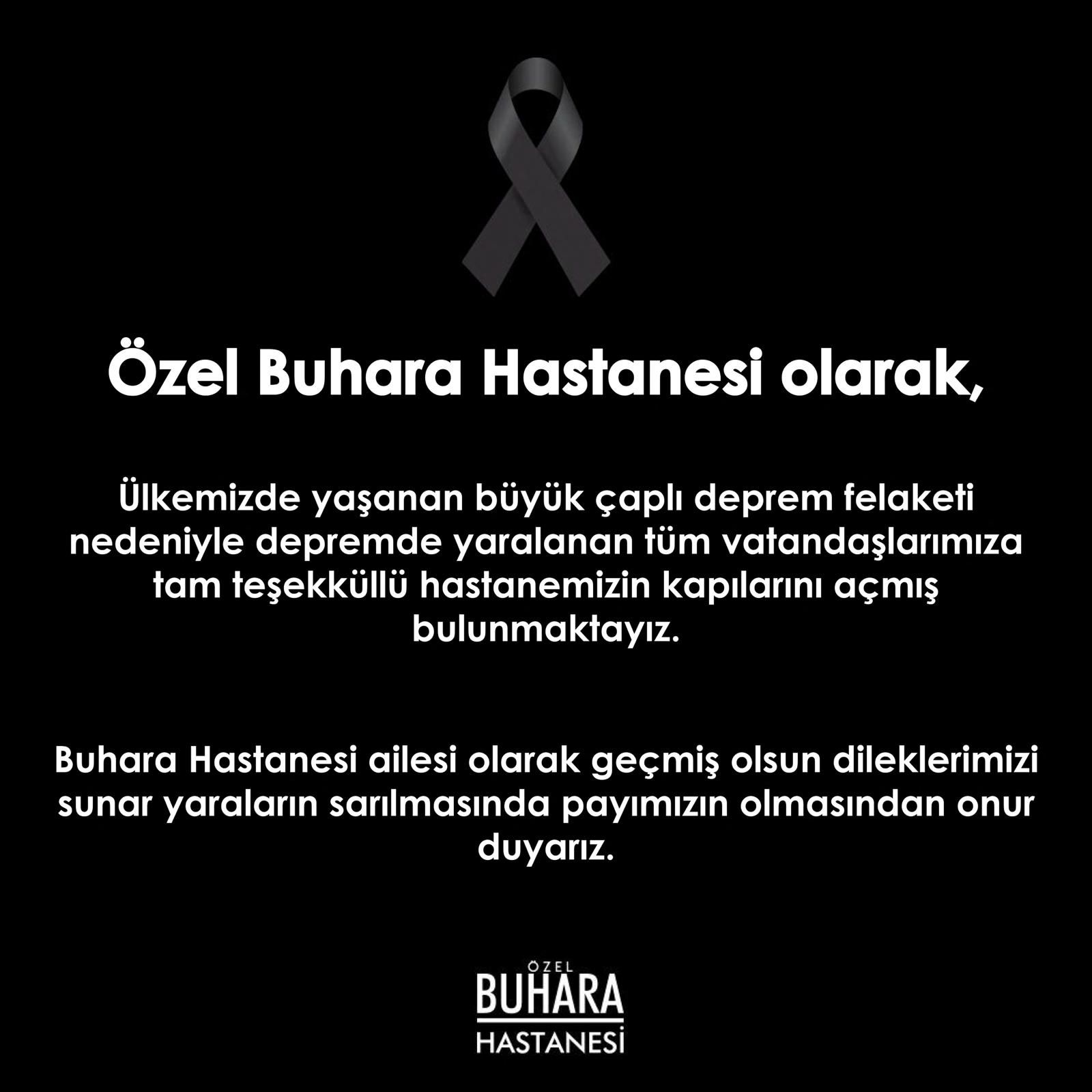

TIBBİ BÖLÜMLER
- Anasayfa
- Tıbbi Bölümler
- Mikrobiyoloji Ve Enfeksiyon Hastalıkları


Mikrobiyoloji Ve Enfeksiyon Hastalıkları

Mikrobiyoloji ve klinik mikrobiyoloji uzmanı ne iş yapar, görevleri nelerdir ?
Mikrobiyoloji ve klinik mikrobiyoloji uzmanı, işletmenin genel çalışma prensipleri doğrultusunda, araç, gereç ve ekipmanları etkin bir şekilde kullanarak, işçi sağlığı, iş güvenliği ve çevre koruma düzenlemelerine ve mesleğin verimlilik ve kalite gereklerine uygun olarak:
- Laboratuara ulaşan meteryalin cinsine, alındığı bölgeye, düşünülen enfeksiyon etkenine göre çok yönlü düşünülerek laboratuar tanı yöntemleri seçmek ve uygulamak veya uygulamasını sağlamak,
- Laboratuara gönderilen kan, idrar, gaita, boğaz ve enfekte alanlardan alınmış sürüntüler, vücut bölgelerinden alınan akıntı ve dopku parçalarını infeksiyon hastalığı etkenleri açısından konvansiyonel yöntemlerle, basit ve karmaşık cihazlarla test etmek veya edilmesini sağlamak,
- Hastalık etmenleri incelenirken bakteriler, virüsler, mantarlar birlikte bulunabileceği için her birini ayrı ayrı incelemek veya incelenmesini sağlamak,
- İnfeksiyon hastalıklarının tanısı, izlenmesi ve tedavisi için gerekli mikrobiyolojik verileri ve diğer uygun bilgileri sağlamak, yorumlamak,
- Hastalık etmenlerinin tespitinde mikroskopik incelemeler, kültürler, serolojik ve biyokimyasal incelemelerden yararlanarak hastalık teşhisini koymak,
- Belirlenen mikroorganizmanın antibiyogram testleri yapılarak yok edilmesi yani tedavinin yapılabilmesi için uygun antibiyotığin seçilmesini sağlar,
- İnfeksiyon hastalarının teşhis ve tedavisinde hekimlere danışmanlık yapmak,
- Laboratuara alınacak test malzemeleri ve cihazların seçimi ve değerlendirilmesini yapmak,
- Bölümünde görev yapan yardımcı sağlık personelinin eğiti,m ve denetiminden sorumlu olmak,
- Mesleği ile ilgili bilimsel gelişmeleri ve yayınları izlemek, kongre, senpozyum, vb. aktivitelewre katılmak, ,
Vb. görev ve işlemleri yerine getirin.
Enfeksiyon hastalıkları uzmanı: işletmenin genel çalışma prensipleri doğrultusunda, araç; gereç ve ekipmanları etkin bir şekilde kullanarak, işçi sağlığı, iş güvenliği ve çevre koruma düzenlemelerine ve mesleğin verimlilik ve kalite gereklerine uygun olarak
- Hastanın şikayeti ve tıbbi öyküsü hakkında ayrıntılı bilgi almak ve hasta bilgi formuna kaydetme,
- Hastanın genel fiziki muayenesini yapmak,
- Tanıya yönelik olarak, kan, idrar, kültür, görüntülemeye yönelik tetkikler istemek
- Enfeksiyon hastalıklarının tanısı ile ilgili laboratuar yöntemlerini uygulamak ve sonuçlarını yorumlamak,
- Muayene bulguları ve test sonuçlarına göre tanı ve tedavi yöntemlerini belirlemek ve tedavi süresine karar vermek, tedaviye yanıt alınıp alınmadığını kontrol etmek,
- Hastaya hastalığı ile ilgili bilgi vermek, tedaviyle ilgili tavsiyelerde bulunmak,
- Cerrahi müdahale gerektiren hastaları operasyon öncesi ve sonrasında takip ve kontrol etmek
- İnsanlar hasta olmadan önce bağışıklıklaşmaya yönelik aşı programlarına almak
- Hastane enfeksiyonları takip kontrol sistemini kurmak, hastane enfeksiyonlarının önlemesine yönelik çalışmaları yürütmek
- İlgili hekimlerle konsültasyonda bulunmak, konsültasyon istenen vakaları değerlendirmek
- Hastanelerde enfeksiyon hastaları kliniğinde takip edilen yatan hastaları günlük vizitlerle izlemek, laboratuarda uygulanan rutin testlerin doğruluğunu deneklemek,
- Mikroorganizmalar ve parazitlerin yol açtığı hastalıklardan korunma yolları hususunda birey ve toplumu bilgilendirmek,
- Mahiyetinde çalışan yardımcı sağlık personelinin eğitim ve denetiminden sorumlu olmak
- Mesleği ile ilgili bilimsel gelişimeleri izlemek, kongre, sempozyum vb. gibi aktivitelere katılmak, vb. görev ve işlemleri yerine getirir.
-Son Güncelleme:27.03.2022
Bölüm Doktorlarımız

Bölümlerimiz
- Acil Servis
- Ameliyathane
- Anestezi
- Beyin Ve Sinir Cerrahisi
- Cildiye ( Güzellik Merkezi)
- Çocuk Sağlığı
- Dahiliye
- Diş
- Diyetisyen
- Erişkin Yoğun Bakım
- Fizik Tedavi
- Genel Cerrahi
- Göğüs Hastalıkları
- Göz
- Kadın Hastalıkları Ve Doğum
- Kalp Ve Damar Cerrahisi
- Kardiyoloji
- Kulak Burun Boğaz
- Merkezi Laboratuvar
- Mikrobiyoloji Ve Enfeksiyon Hastalıkları
- Nöroloji
- Ortopedi Ve Travmatoloji
- Psikiyatri
- Psikolog
- Radyoloji
- Üroloji
- Yeni Doğan Yoğun Bakım
Çalışma Saatlerimiz
- PZT-CUM 09:00 - 17:00
- Cumartesi 09:00 - 13:00











